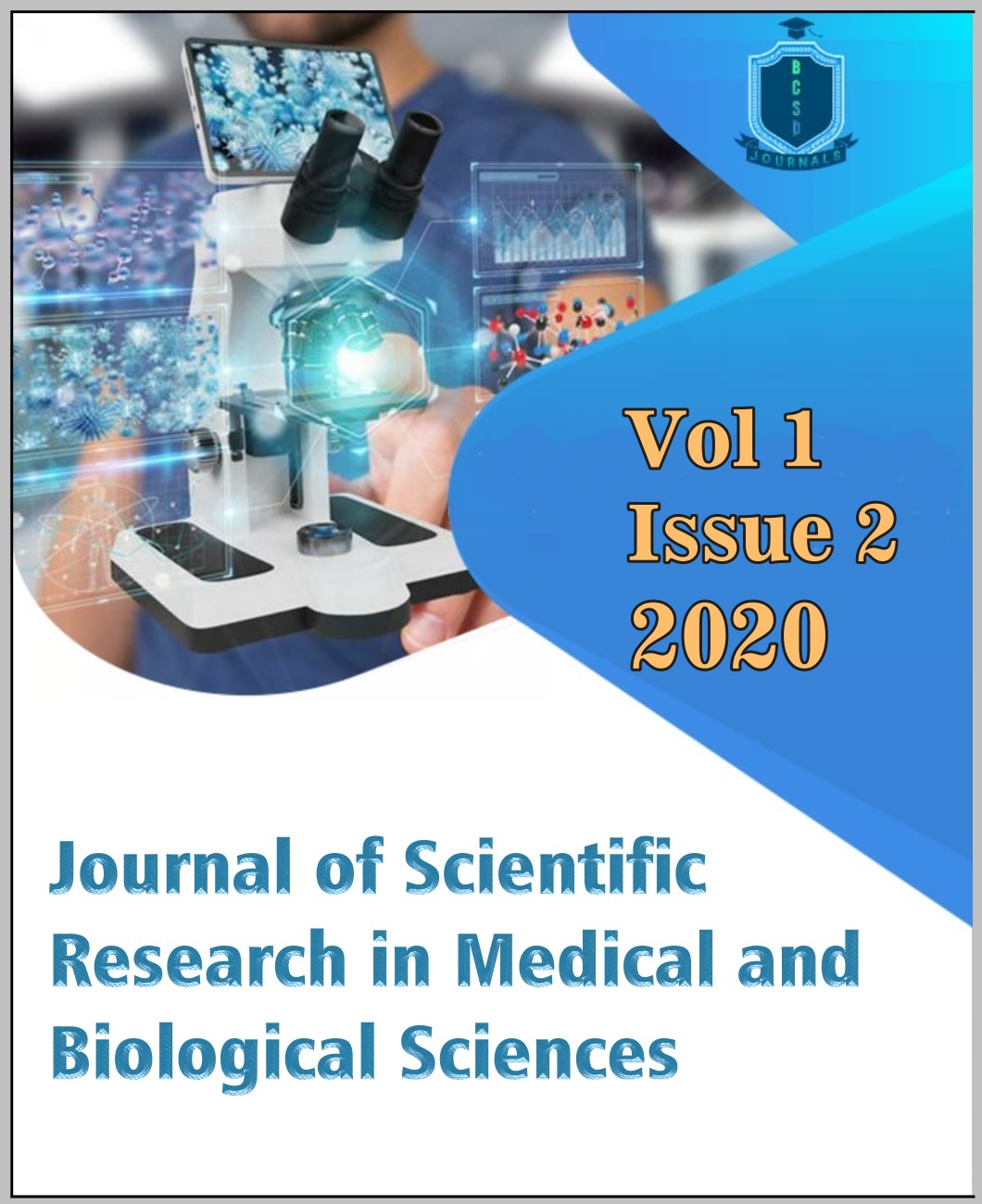
Journal of Scientific Research in Medical and Biological Sciences
Yazarlar: Kingsley Ubaoji, Onyeka Nwosu, Kingsley Agu, Kingsley Nwozor, Nma Ifedilichukwu, Antoinette Okaka
Konular:-
DOI:10.47631/jsrmbs.v1i2.57
Anahtar Kelimeler:Ginkgo biloba,Phytochemicals,Antibacterial,Antifungal,Gas Chromatography,Microorganisms.
Özet: Purpose: Gingko biloba (GB) leaves have been recognized for their therapeutic effects, dating back to traditional Chinese medicine where the ground leaves were used to treat several health problems. GB extracts are renowned for their medicinal properties in Asia, Europe and South America. However, GB leaves are rarely grown and used in Nigeria. In this study, we screened the phytochemical constituents and antimicrobial activities of GB leaves (aqueous and ethanol extracts) grown in Enugu, Enugu State, South East Nigeria. Study Design: Experimental Materials and Methods: Quantitative analyses of phytochemicals were done using gas chromatography while disk diffusion and broth dilution methods were used to determine the antimicrobial activities. Results: The phytochemical analysis of aqueous and ethanol extracts showed high quantity of flavonoids (anthocyanin, rutin, epicatechin, kaemferol and catechin), alkaloids (lunamarine and ribalindine) and saponin while the moderate quantity of steroids and terpenes, tannin and phenols were also observed. The phytochemical analysis also showed very little concentration of antinutrients (phytate and oxalate) in both extracts. The ethanol extract showed some degree of antibacterial and antifungal activities as observed from their zones of inhibition (mm). Activity was observed on gram-positive bacteria; Staphylococcusaureus (15.5+0.71mm) and less activity on gram-negative bacteria; Escherichia coli (10.5+1.41mm) and Pseudomonasaeruginosa (no activity). Also there was an activity on yeast; Candida albicans (16.5+0.71mm) and less activity on moulds; Penicilliumcyclopium (9+1.41mm) and Aspergillus fumigatus (no activity). The aqueous extract showed no antimicrobial activity on both bacteria and fungi. Conclusion: This study revealed the medicinal potentials of Ginkgo biloba leaves grown in Nigeria. The findings, therefore, will be useful for pharmaceutical industries and medical practice in Nigeria and beyond for the provision of good health to individuals.